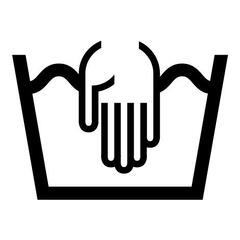QUECHUA
Ref.
8677253
4436745
Kids’ Crossrock hiking shoes with quick lacing, ochre, from size 35 to 38
€28.99
Tax included
Store Availability
Our hiking designers developed these shoes for running, climbing, jumping and playing in the mountains and on all terrains on sunny days
Take on any adventure with our hiking boots for kids. These robust shoes are perfect for running, climbing, jumping and playing in the mountains, ensuring steady footing in diverse terrain.
